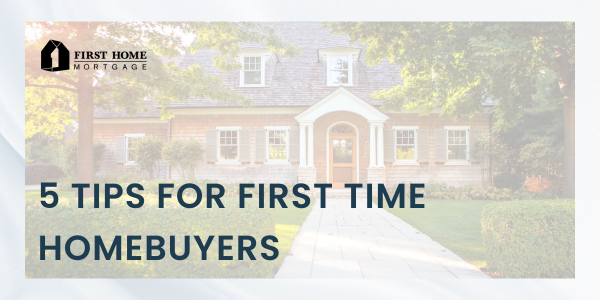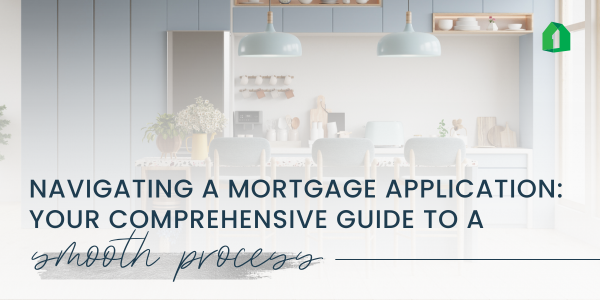
Buying a home is one of the most significant financial investments you’ll make in your lifetime. Just as successful businesses have a well-defined strategy, you can benefit from creating a business plan when embarking on your homeownership journey. We are here to guide you through the process of crafting a robust business plan for buying a home.
Define Your Homeownership Objectives:
Start by clearly defining your homeownership objectives. Are you looking for a forever home, an investment property, or a vacation retreat? Understanding your goals will shape the rest of your plan.
Assess Your Financial Situation:
Examine your current financial position. Calculate your income, savings, and credit score. This step is crucial for determining your budget and understanding what you can comfortably afford.
Create a Realistic Budget:
Based on your financial assessment, establish a realistic budget for your new home. Consider factors such as the down payment, closing costs, monthly mortgage payments, and ongoing expenses.
Explore Mortgage Options:
Collaborate with your mortgage lender to explore various mortgage options. Understand the terms, interest rates, and loan types available to you. Choose the one that aligns with your budget and financial goals.
Market Research:
Conduct thorough research on the real estate market in your desired area. Understand trends, property values, and the availability of homes. This knowledge will help you make informed decisions.
Property Analysis:
Evaluate potential properties based on your budget and objectives. Consider factors such as location, size, condition, and amenities. Choose a property that fits your business plan.
Develop a Financing Strategy:
Outline your financing strategy, including how you plan to cover the down payment and closing costs. If you have other financial goals, such as saving for education or retirement, ensure your business plan accommodates them.
Legal and Tax Considerations:
Understand the legal and tax implications of homeownership. Research local regulations, property taxes, and potential tax incentives or deductions available to homeowners.
Negotiation and Purchase Strategy:
When you find a suitable property, develop a negotiation and purchase strategy. Consult with your real estate agent and mortgage lender to make a competitive offer that aligns with your budget.
Future Planning:
Consider your long-term goals for the property. Will you live in it forever, or do you plan to sell or rent it in the future? A forward-thinking business plan can help you adapt to changing circumstances.
Risk Management:
Identify potential risks and challenges in your homeownership journey. Create contingency plans to address unexpected events or changes in your financial situation.
Regular Evaluation:
A business plan is not set in stone. Regularly evaluate your plan, making adjustments as needed to stay on track with your objectives.
Creating a business plan for buying a home can provide you with clarity, structure, and a path to achieving your homeownership goals. At First Home Mortgage, we’re here to support your journey and provide the financial guidance you need to succeed. Whether you’re a first-time homebuyer or a seasoned investor, a well-crafted business plan will set you on the right course for a successful homeownership experience.
Chart your path to homeownership with a business plan that aligns with your financial goals and aspirations. Your dream home is within reach, and we’re here to help you achieve it.


